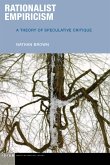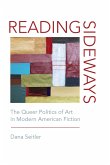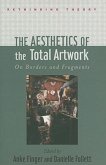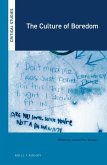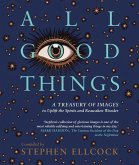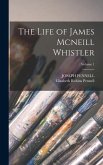¿This is a book whose intelligence and insight the academy desperately needs. It displays a conceptual beauty in bringing the contemporary `crisis¿ in Romantic studies into contact with the question of `lastness¿¿a question that is, in many ways, always already the crisis of Romanticism. Approaching the `last¿ as what always comes after itself, Khalip thinks lastness as the persistence of what decompletes, derealizes, or dephenomenalizes the `world.¿ Through bravura readings, he affords his readers the thrill of intellectual discovery while challenging them to ask if such discoveries themselves are the effect of our determination by lastness.¿¿Lee Edelman, Tufts University The arrival of the Anthropocene brings the suggestion that we are only now beginning to speculate on an inhuman world that is not for us, only now confronting fears and anxieties of ecological, political, social, and philosophical extinction. While pointing out that reflections on disaster were not foreign to what we historically call romanticism, Last Things pushes romantic thought toward an altogether new way of conceiving the ¿end of things,¿ one that treats lastness as neither privation nor conclusion. Through quieter, non-emphatic modes of thinking the end of human thought, Khalip explores lastness as what marks the limits of our life and world. Reading the fate of romanticism¿and romantic studies¿within the key of the last, Khalip refuses to elegize or celebrate our ends, instead positing romanticism as a negative force that exceeds theories, narratives, and figures of survival and sustainability. Each chapter explores a range of romantic and contemporary materials: poetry by John Clare, Emily Dickinson, John Keats, Percy Shelley, and William Wordsworth; philosophical texts by William Godwin, David Hume, Immanuel Kant, and Jean-Jacques Rousseau; paintings by Hubert Robert, Caspar David Friedrich, and Paterson Ewen; installations by Tatsuo Miyajima and James Turrell; and photography by John Dugdale, Peter Hujar, and Joanna Kane. Shuttling between temporalities, Last Things undertakes an original reorganization of romantic thought for contemporary culture. It examines an archive on the side of disappearance, perishing, the inhuman, and lastness. Jacques Khalip is Associate Professor of English at Brown University. He is the author of Anonymous Life: Romanticism and Dispossession, and co-editor of Releasing The Image and Constellations of a Contemporary Romanticism.


